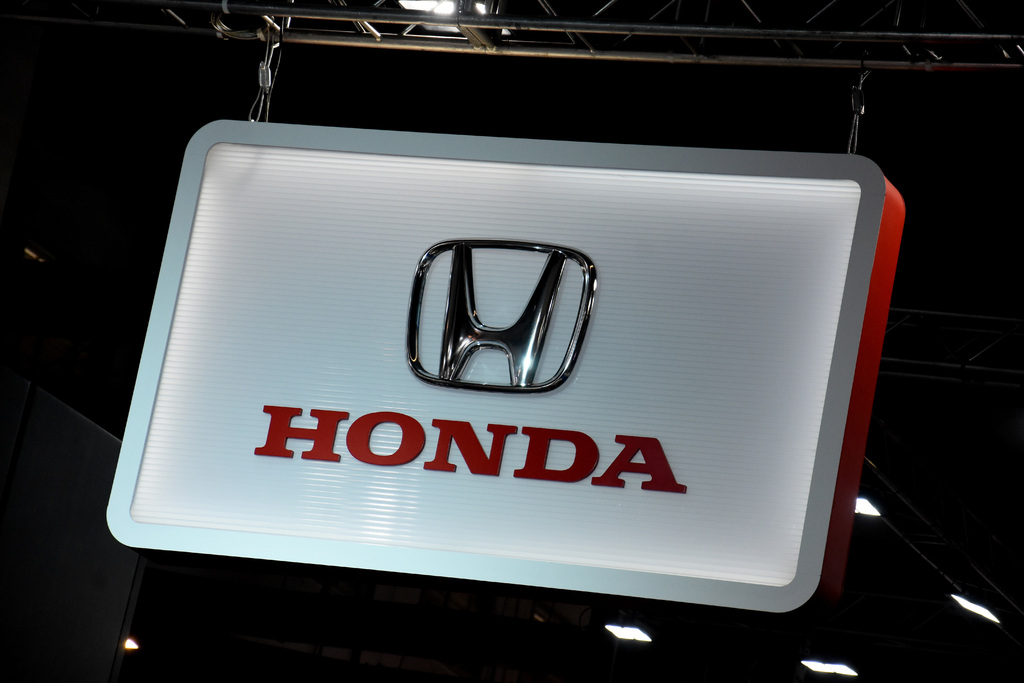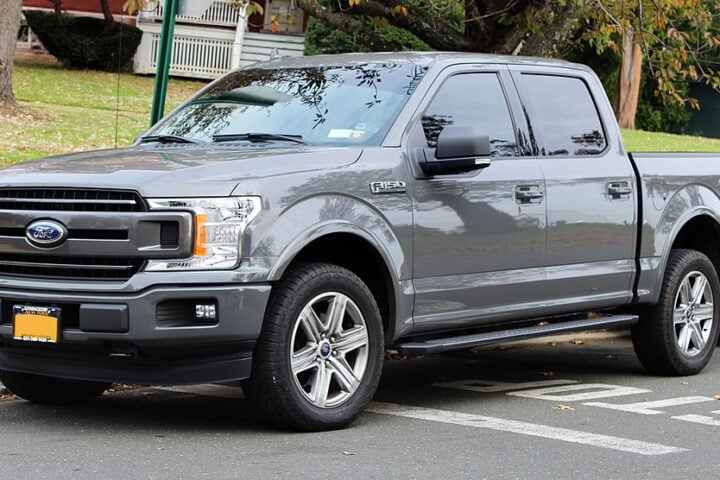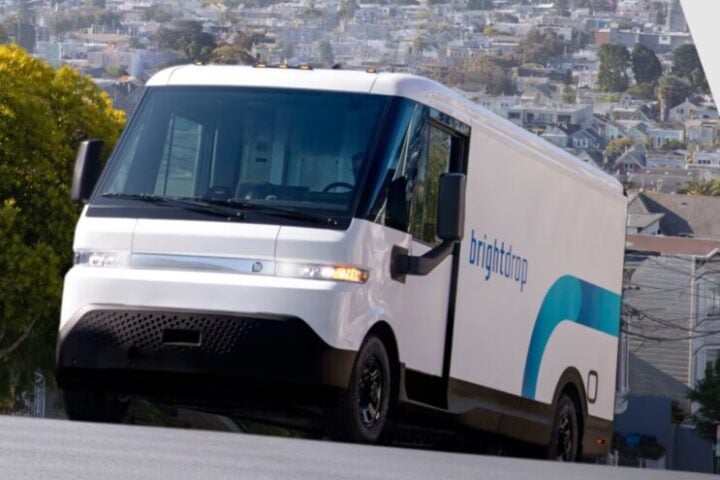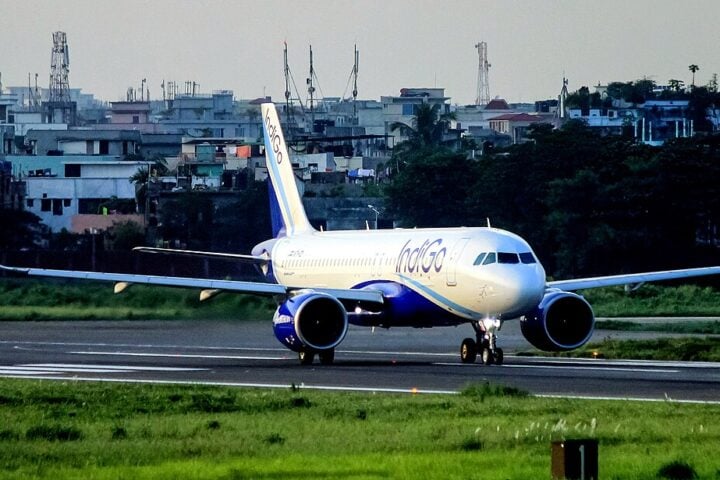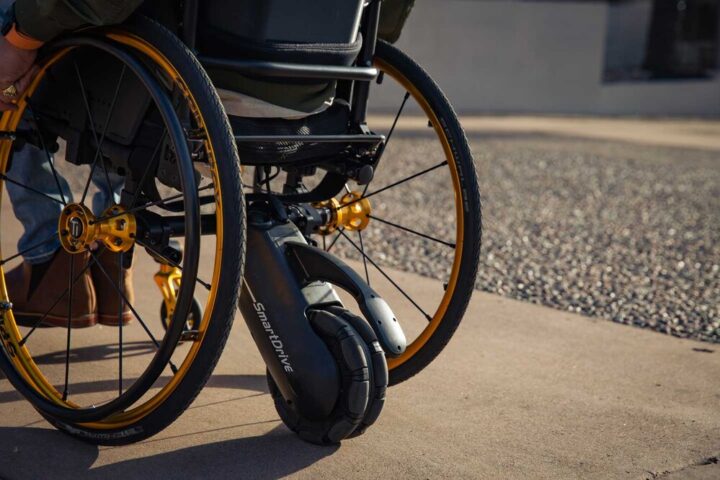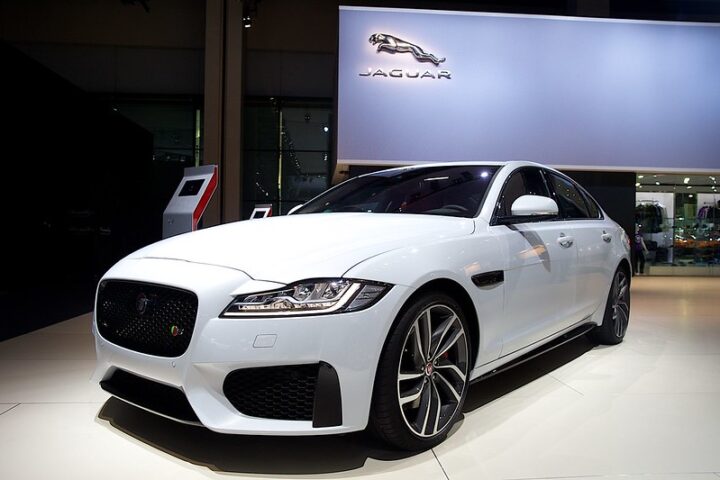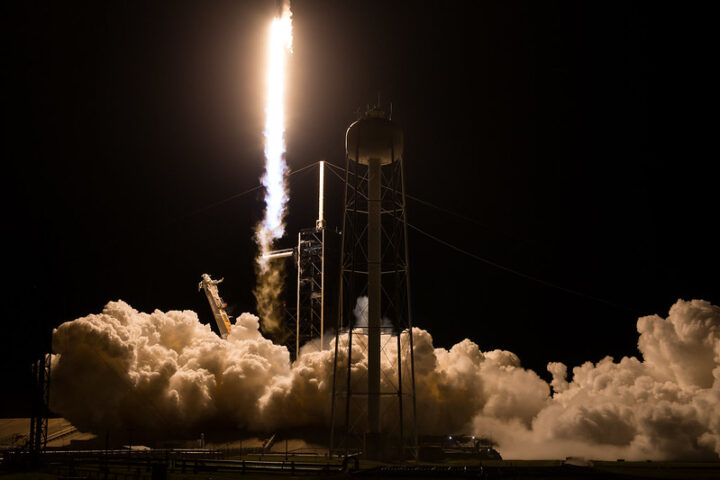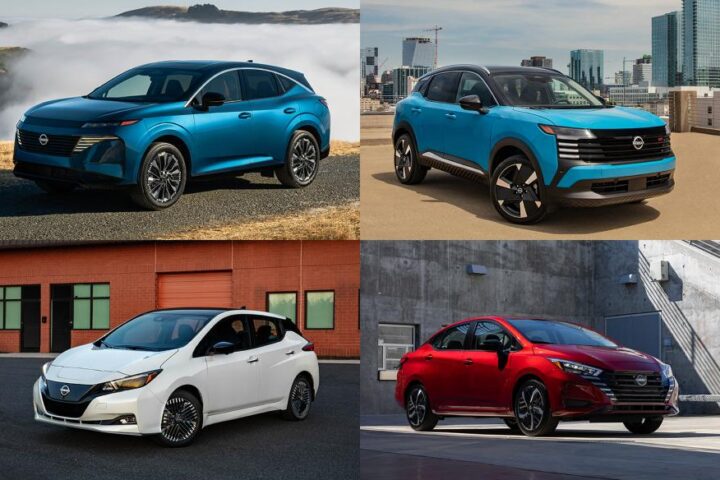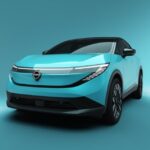Honda Motor Co. and Nissan Motor Co. will begin merger negotiations this week, aiming to finalize an agreement by June 2025. The proposed holding company listing on the Tokyo Stock Exchange is planned for August 2026, creating the world’s third-largest automaker after Toyota and Volkswagen.
The merger comes as both companies face severe production inefficiencies. However, the company’s CEO maintains a positive stance, as he says: “These turnaround measures do not imply that the company is shrinking. Nissan will restructure its business to become leaner and more resilient, while also reorganizing management to respond quickly and flexibly to changes in the business environment.”
In China, Nissan’s production dropped by 14.3% in the last fiscal year—half its recent peak output. Honda will also pause production at multiple factories in China, the spokesperson said, adding that the few sites have an annual production capacity of 240,000 vehicles.
Nissan’s financial position has deteriorated sharply. The company reported a 94% profit decline in the six months ending September 2023, maintaining profitability only through its financing operations. This led to announced manufacturing cuts of 20% and 9,000 job losses. The company’s market value has decreased to ¥1.6 trillion ($10.2 billion), placing it fifth among Japanese automakers.
“When you look at Honda and Nissan, they’ve been losing the market for some time,” states James Hong, analyst at Macquarie Securities Korea Ltd. “We expect both to come up with very large capacity cuts to at least cover some of the fixed-cost burdens they have in China.”
The proposed structure includes manufacturing cooperation, with potential vehicle production at each other’s plants. Honda may produce hybrid vehicles for Nissan, addressing U.S. market demand. Mitsubishi Motor Corp., Nissan’s existing partner, participated in preliminary discussions at Japan’s transportation ministry.
More Stories
Partnerships are the solution for legacy automakers in the given circumstances to form a strong EV supply chain and subsequently EVs, auto analyst Adam Jonas from Morgan Stanley said. These partnerships can either be with startups like Lucid or Rivian, with China, Tesla, or with each other.
Nissan CEO Makoto Uchida frames the merger as “a strategic move to regain competitiveness and adapt to market changes.” However, former Nissan Chairman Carlos Ghosn characterizes it as “a desperate move.”
The merger discussions intensified after Taiwan’s Hon Hai Precision Industry Co. (Foxconn) approached Nissan about acquiring a stake. These talks are now suspended pending Honda-Nissan negotiations.
Nissan expects to produce 3.2 million vehicles this fiscal year, despite having capacity for 5 million units annually. The company plans global capacity reduction of one million units, with China accounting for over half, according to Citigroup Global Markets analyst Arifumi Yoshida.
General Motors faces similar challenges in China, with $5 billion in charges and writedowns. German automakers Volkswagen, BMW, and Mercedes also struggle with market position and technology adaptation in the region.
